
Preserving eggs without a refrigerator, using this method, the eggs will stay fresh for a whole month

How to Preserve Eggs Without a Refrigerator: Traditional and Natural Methods
1. Preserving Eggs with Rice Husks
Storing eggs in rice husks is an age-old, traditional method that has been used for generations. This simple yet effective technique helps extend the shelf life of eggs without refrigeration.
To start, dry the rice husks completely under the sun to remove all moisture. In a clean container or wooden box, spread a layer of rice husks at the bottom, then carefully place the eggs on top. Make sure the larger end of each egg faces upward—this prevents the yolk from sticking to the shell and spoiling.
Continue layering the eggs and husks alternately until the container is full. If rice husks are not available, you can substitute them with sawdust or kitchen ash, but make sure they are completely dry. Keep the container in a cool, dry, and well-ventilated area, away from direct sunlight or heat sources.
Every two weeks, open the box to check the eggs and gently turn them over. This helps maintain freshness and prevents the yolk from settling. Using this method, eggs can stay fresh for up to two months without losing their natural flavor or texture.
2. Preserving Eggs with Grains and Legumes
Another natural way to preserve eggs is to store them together with dry grains such as black beans, red beans, soybeans, or corn kernels. The grains help absorb moisture and stabilize the surrounding temperature, slowing down spoilage.
Simply bury the eggs among the grains in a container or sack. This method not only helps the eggs last longer but also keeps the grains dry and free from pests. It’s a perfect solution when you don’t have access to a refrigerator but still want to keep your eggs fresh and safe to eat.
3. Preserving Eggs in Lime Water (Slaked Lime Solution)
This is one of the most reliable traditional methods for long-term egg preservation. Mix powdered lime (calcium hydroxide) with clean water to create a 2–3% lime solution. Let it sit for about an hour until the residue settles at the bottom, then pour out the clear lime water on top for use.
Place the eggs in a plastic, glass, or ceramic jar, and pour in the lime water until the eggs are completely submerged. Avoid using metal containers, as lime can react with metal and cause rusting.
Store the jar in a cool, dry, and shaded place. With this method, eggs can stay fresh for up to six months.
Alternatively, you can make a 5% lime solution and soak the eggs in it for a few minutes. After removing them, let the eggs air-dry completely before storing them in a box or basket. This simplified method allows the eggs to remain good for three to four months.
4. Preserving Eggs with Tea Leaves
Used tea leaves can also be repurposed for egg storage. First, dry the tea leaves thoroughly in the sun to remove moisture. Then, layer the eggs and dried tea leaves in a container—similar to the rice husk method.
The natural tannins and antioxidants in tea leaves help inhibit bacterial growth and absorb unwanted odors, keeping your eggs fresher for longer. This method is eco-friendly and gives the eggs a pleasant, subtle aroma.
5. Preserving Eggs in Sand or Rice Bran
Dry sand or rice bran can serve as an excellent insulator to protect eggs from humidity and temperature fluctuations. Simply fill a box with sand or bran, and bury the eggs gently inside, ensuring they are not touching each other.
This method keeps eggs safe for several weeks, especially in rural or coastal areas where humidity levels are high. It’s a time-tested technique that remains practical even today.
6. Preserving Eggs with Vegetable Oil
Another easy and effective trick is to coat each egg with a thin layer of vegetable oil. This seals the tiny pores on the eggshell, preventing air and bacteria from entering.
After coating, arrange the eggs neatly in a basket or tray and store them in a cool, dry, well-ventilated place. With this approach, eggs can stay fresh for about one month while maintaining their natural moisture and flavor.
For best results, always choose clean, unwashed eggs before applying oil—washing removes the egg’s natural protective layer and can shorten its shelf life.
Final Tips
No matter which method you choose, always handle eggs gently and check for cracks before storage. Avoid sudden temperature changes, and never store eggs near strong-smelling items such as garlic or onions, as eggs can easily absorb odors through their shells.
By using these traditional preservation methods, you can keep eggs fresh for months—naturally, safely, and economically—just as our ancestors did long before the refrigerator was invented.
News in the same category

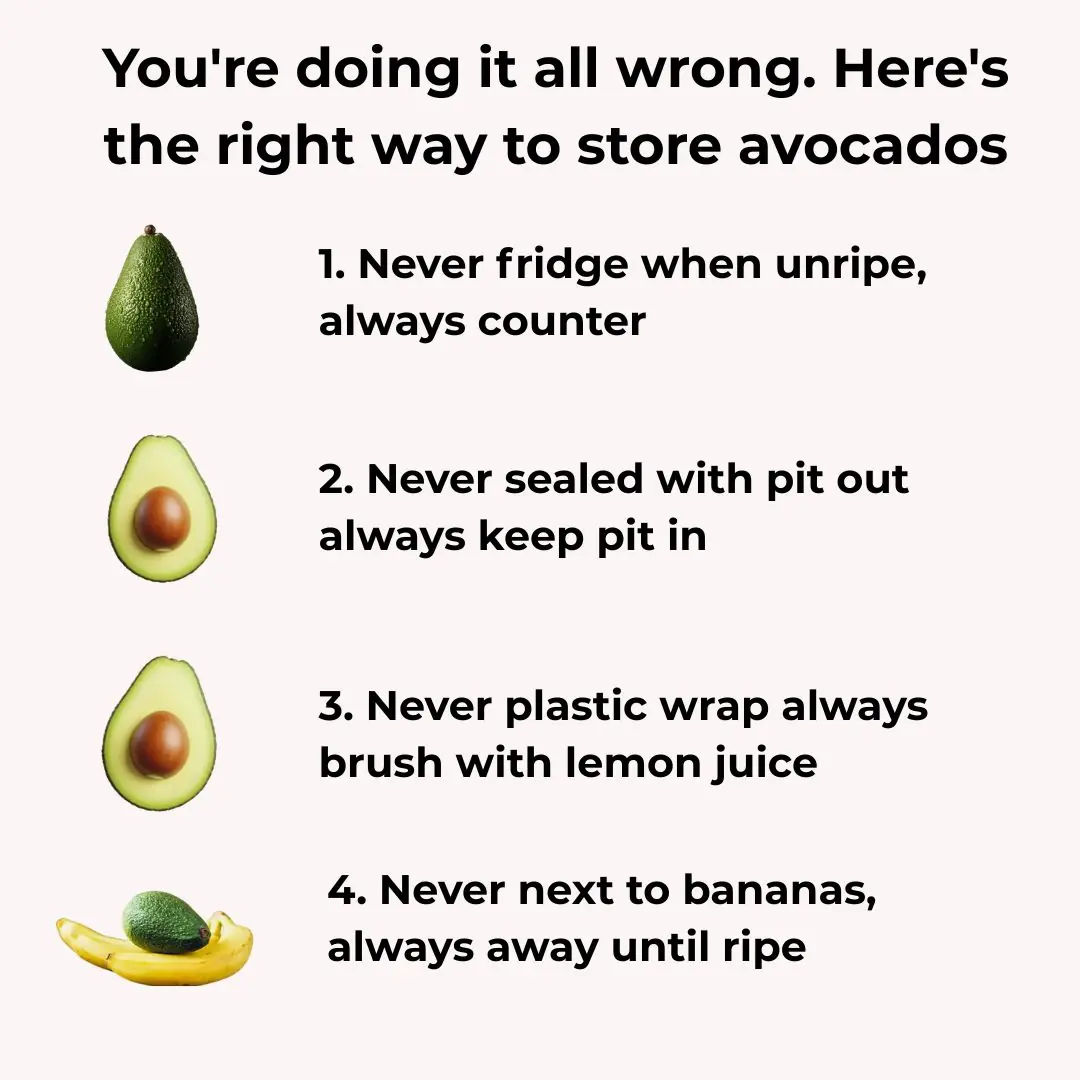
You're doing it all wrong. Here’s the right way to store avocados

8 reasons why adding baking soda to your toilet tank is a must-do trick
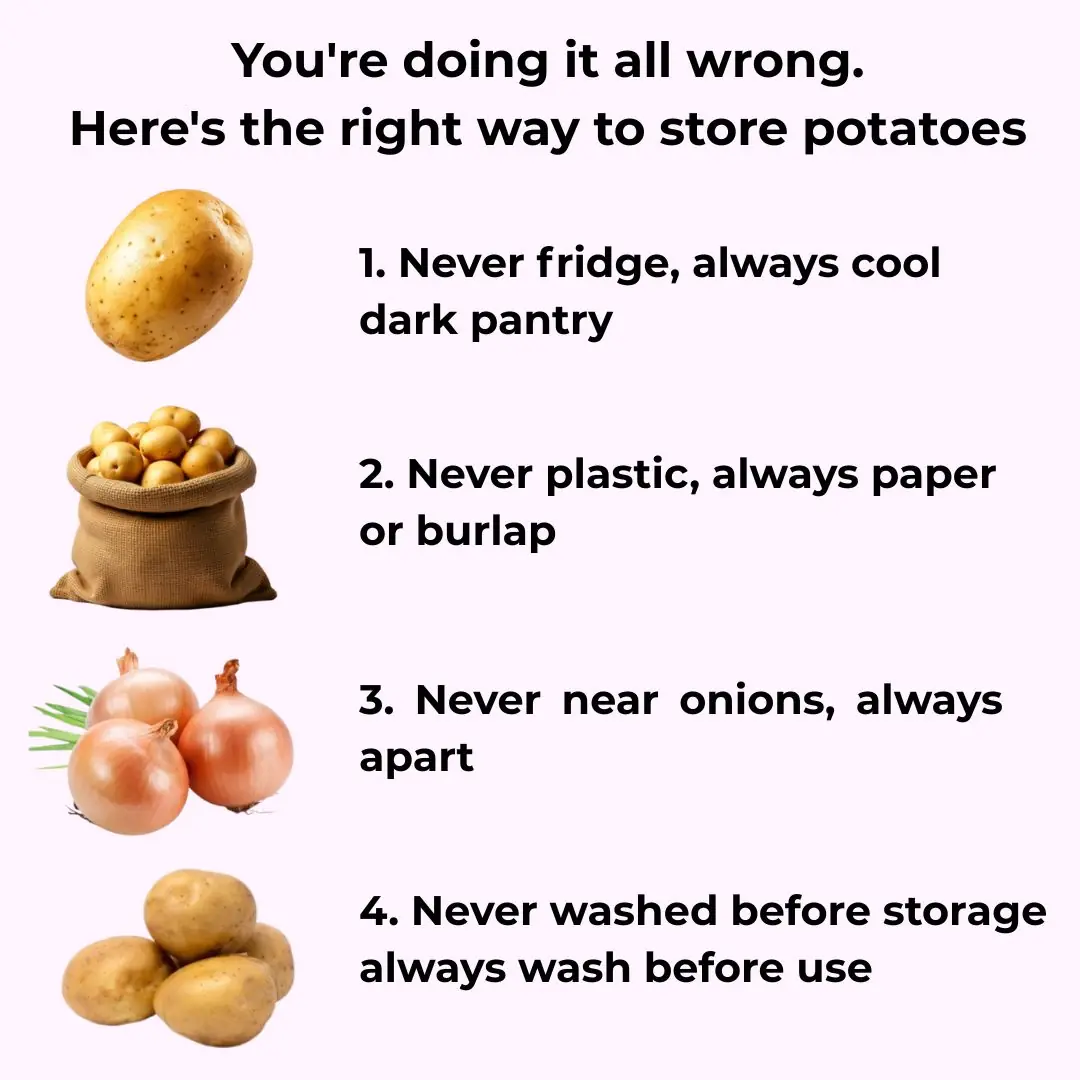
You're doing it all wrong. Here’s the right way to store potatoes

Washing machine stays clean all year without scrubbing thanks to a common household liquid, saving millions every year 👇👇

Aster flowers, the 'miracle cure' hidden in roadside wild plants

A miracle will happen when you place a handful of pepper under your bed, too bad I just found out 👇👇👇

Don't boil chicken with salt and plain water, or it will turn out fishy and reddish. Try this method for golden skin and sweet meat.

Don't throw away tea that's been left overnight: It has up to 5 amazing uses that everyone will love

Should You Place a Fan Close to or Far from the Bed While Sleeping? Many Homes Are Doing It Wrong

Simple, Cost-Free Ways to Fix Moldy or Peeling Walls — Easy Solutions for Every Home

Why Do Fish Sellers Often Use Black Plastic Bags? A Simple Trick Few People Notice

Why Do We Burn Steel Scrub Pads Over Fire? Many People Don’t Know This Useful Trick
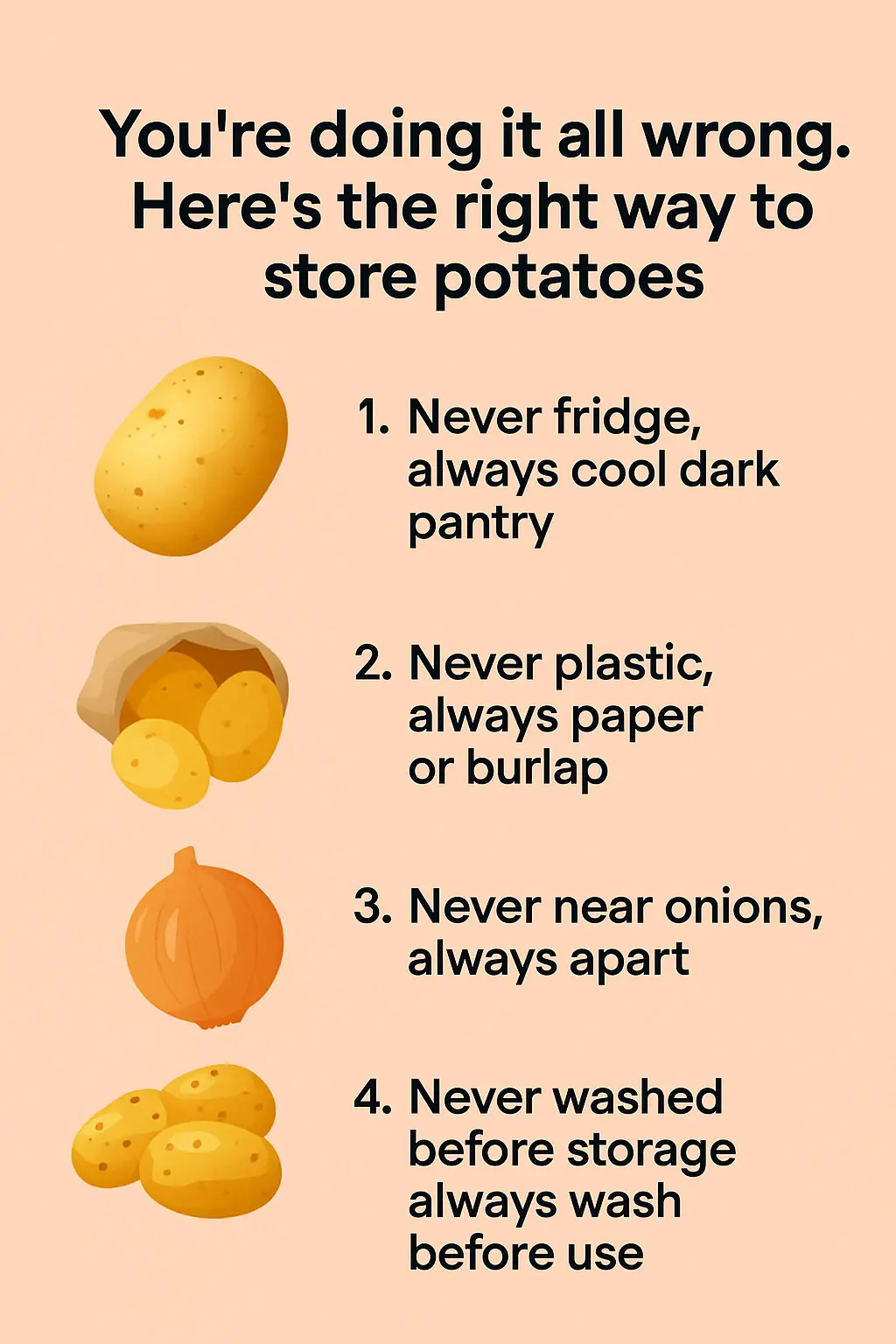
You're doing it all wrong. Here’s the right way to store potatoes
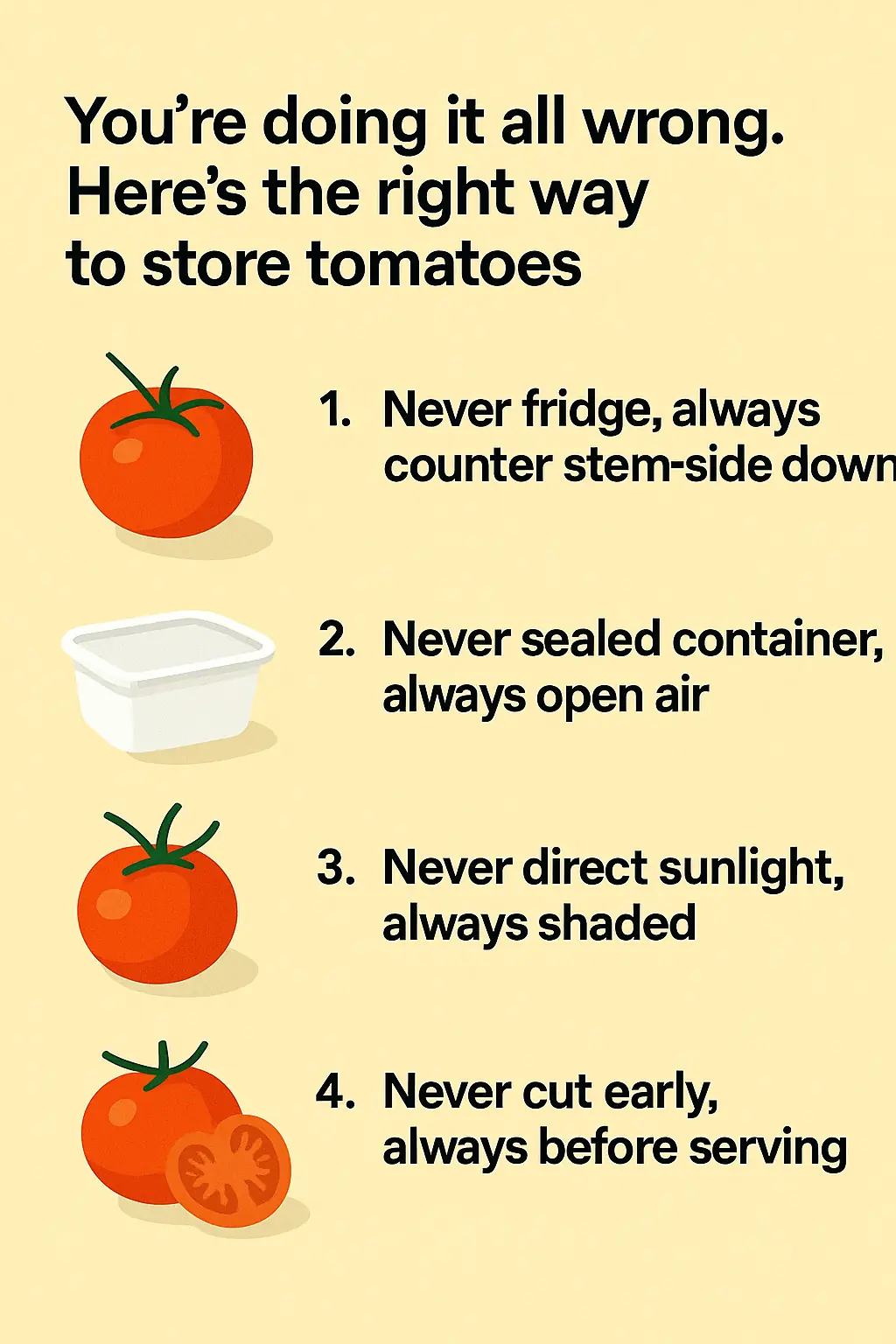
You're doing it all wrong. Here’s the right way to store tomatoes

Shrimp injected with impurities is easy to distinguish: Smart people will see this point

Tips for cleaning an air fryer without scrubbing and still clean as new

The water pipe is clogged, just blame this and it will be solved easily, no need to waste money calling a plumber.

How to clean the bathroom easily and effortlessly: It will stay clean and fragrant all week long
News Post

47-Year-Old Man Dies from Liver Failure: “Two Types of Pain, Two Types of Itching” Warn of Serious Liver Disease

Don’t Throw Away Your Empty Milk Powder Cans – Turn Them Into Useful Household Items

If Cancer Cells Are Developing in the Body, These 3 Nighttime Symptoms May Appear

Can you spot the hidden dog? Only people with eagle eyesight can!

Can you spot the book, egg, cup, and pillow?
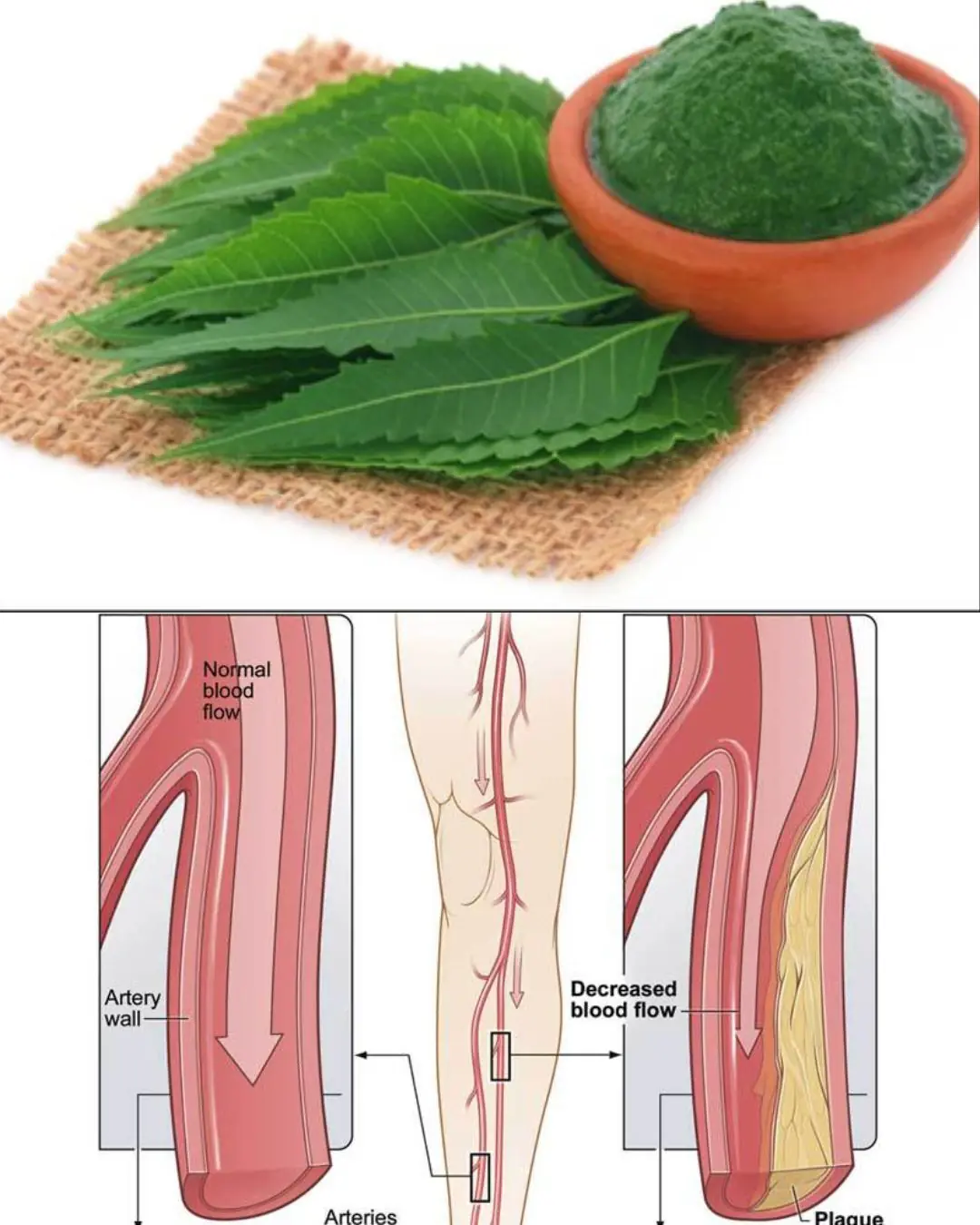
Neem: An Ancient Plant With Potential Health Benefits – What Science Says

Doctors reveal that green broccoli causes...see more

Artery-Cleaning Foods: The One Meal Doctors Won’t Tell You About

The body will show 5 symptoms to remind you to eat less salt

5 foods that heal your body and STARVE cancer—eat these now!

Reverse diabetes and insulin resistance fast—4 hacks doctors don’t tell you!

This is Why You Always Wake Up in the MIDDLE of the Night (and how to make it STOP)

They were wrong about fasting — here’s what 30 hours without food really does to your body

You're doing it all wrong. Here’s the right way to store avocados

8 reasons why adding baking soda to your toilet tank is a must-do trick

You're doing it all wrong. Here’s the right way to store potatoes

Washing machine stays clean all year without scrubbing thanks to a common household liquid, saving millions every year 👇👇

Aster flowers, the 'miracle cure' hidden in roadside wild plants

A miracle will happen when you place a handful of pepper under your bed, too bad I just found out 👇👇👇
